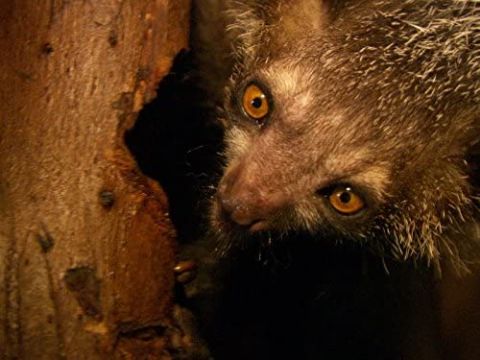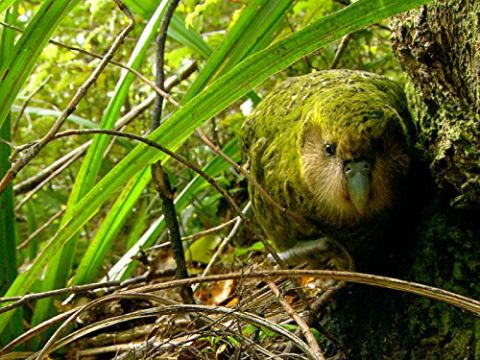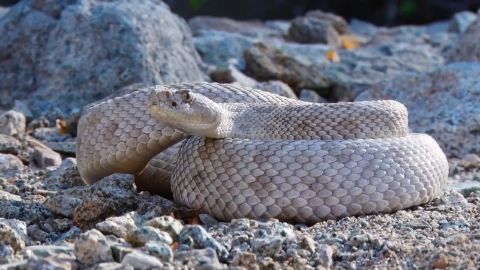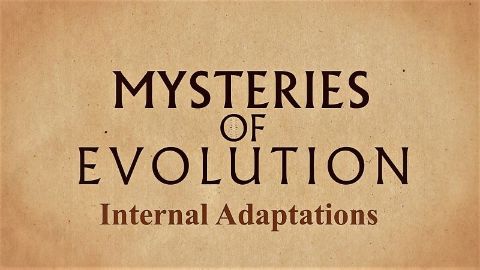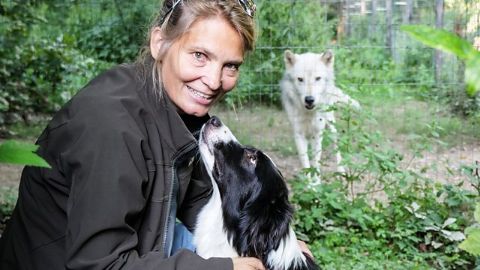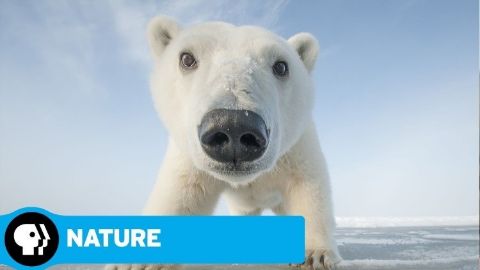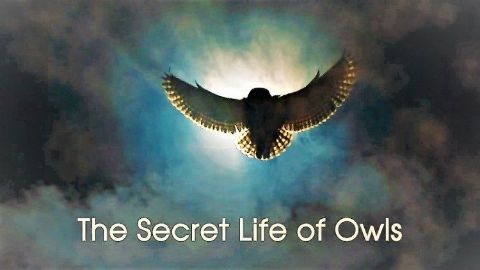Return of the Rhino (Special) • 2010 • Last Chance to See
Stephen Fry and the zoologist Mark Carwardine follow attempts to move the world's rarest rhinos from a snowy zoo in the Czech Republic, to the expanses of Kenya in the hope that they will breed in the wild. With only eight of these creatures left on earth, the mission becomes a race against time to save the Northern White Rhino from extinction.
Make a donation
Buy a brother a hot coffee? Or a cold beer?
Hope you're finding these documentaries fascinating and eye-opening. It's just me, working hard behind the scenes to bring you this enriching content.
Running and maintaining a website like this takes time and resources. That's why I'm reaching out to you. If you appreciate what I do and would like to support my efforts, would you consider "buying me a coffee"?
Donation addresses
BTC: bc1q8ldskxh4x9qnddhcrgcun8rtvddeldm2a07r2v
ETH: 0x5CCAAA1afc5c5D814129d99277dDb5A979672116
With your donation through , you can show your appreciation and help me keep this project going. Every contribution, no matter how small, makes a significant impact. It goes directly towards covering server costs.


